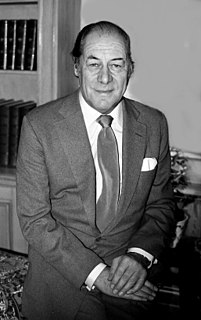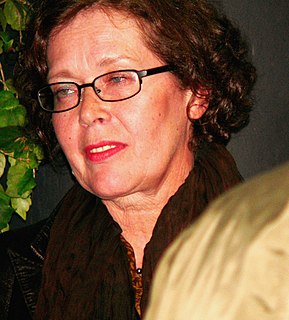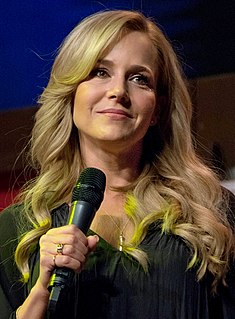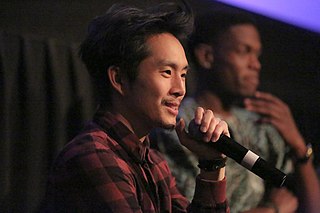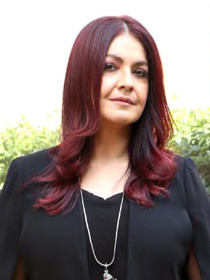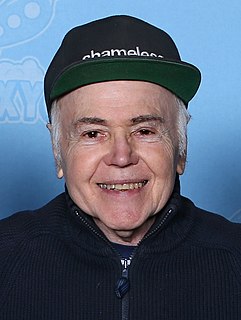A Quote by George Saunders
I had to go in and do the work of toning [invented "historical" bits] down in order to make them fit [in Lincoln in the Bardo]. It's like if you're an actor and you're always overacting, well, you're a bad actor. But if you're an actor who subdues yourself to the extent that's necessary, then you're really acting.
Related Quotes
Acting is bad acting if the actor himself gets emotional in the act of making the audience cry. The object is to make the audience cry, but not cry yourself. The emotion has to be inside the actor, not outside. If you stand there weeping and wailing, all your emotions will go down your shirt and nothing will go out to your audience. Audience control is really about the actor
Later, I went one step further, by putting in some invented "historical" bits [into the Lincoln in the Bardo]. And reading those alongside the actual historical bits was like looking into a sort of a painful mirror, because "my" parts were so show-offy at first. They stood out because they were so flamboyant.
I've always played down the drama in my films. In my main scenes, there's never an opportunity for an actor to let go of everything he's got inside. I always try to tone down the acting, because my stories demand it, to the point where I might change a script so that an actor has no opportunity to come out well.
As an actor, it made me realize a really important lesson. I didn't have to put any spin on the ball as Rita [in Dexter]. All I had to do was speak. And there was such simplicity in that as an actor. With Debra, I was trying to put a square peg into a round hole, and it just didn't work, but in my mind, because I had to work so hard on it, I was, like, "Oh, this is acting!" But that's not acting.
My story about becoming an actor is a completely non-romantic one. I became an actor because my parents were actors, and it seemed like a very... I knew I was going to act all my life, but I didn't know that I was going to be a professional actor. I thought I was just going to work as an actor every now and then.
Sometimes perception is almost more important than the skill level of an actor. And if you give too much away, you have nothing to take for yourself and put onscreen. If people feel like they know you too well, they won't be able to indentify with the character you're trying to portray. Or they'll feel that you're just playing yourself, and then you just become a personality actor. And that's the death of any actor.
Every director is always directing around the play. If you have an actor who really doesn't get the character well enough, you have to direct the play around that character. You have to make choices with that actor. If you have an actor that really doesn't get the role and has certain visions of the role, sometimes you have to direct around that actor.
There was one sequence of days [making Lincoln in the Bardo] when I had halfway decided to use the historical nuggets, but I wasn't quite sure it would work. I'd be in my room for six or seven hours, cutting up bits of paper with quotes and arranging them on the floor, with this little voice in my head saying, "Hey, this isn't writing!" But at the end of that day, I felt that the resulting section was doing important emotional work

